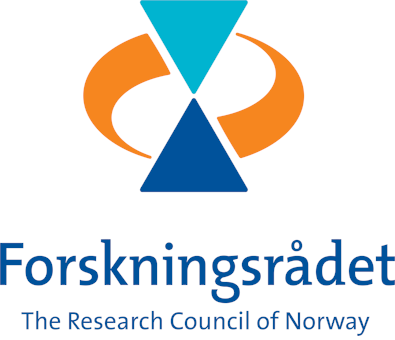Armed conflicts continue to have devastating effects on the lives of millions of people throughout the world. The failure to hold perpetrators of human rights violations and war crimes accountable contributes to a culture of impunity, which further perpetuates civil war and violence. Efforts to support victims and hold perpetrators accountable when conflict is over, mechanisms known as transitional justice, have been well studied, however, similar mechanisms addressing injustices during conflict are less understood. Even in the midst of violence, governments use trials, truth commissions, reparations, amnesties, purges, and exiles to tackle the conflict. We claim that such justice efforts during conflict fundamentally affect both the dynamics of violence and future hopes for justice once the violence has ended.
The project will use multiple methods to analyze the consequences of during-conflict justice (DCJ). We will use statistical data on DCJ in all internal armed conflicts between 1946 and 2017 to examine the relationships between justice and violence, and the likelihood of ceasefires, negotiations, and peace agreements as the conflict unfolds. We will also explore the impact of DCJ on post-conflict violence, transitional justice and the long-term effects on rule of law. To better understand why and how these relationships evolve we will do fieldwork in Colombia, Nepal, and Uganda. The project responds to the Norwegian government and NORGLOBAL-2's ambition to gain a deeper understanding of transitional justice in peacebuilding processes. Knowledge from this project can help the international community achieve the aims of Sustainable Development Goal 16, as it identifies the role of judicial processes in reduc[ing] all forms of violence and shows the need to promote the rule of law, both during and after conflicts. The project's main motivation is to provide knowledge on how to permanently end conflict and advance rule of law in conflict-affected societies.
Objectives
The primary objective of this research project is to understand the immediate effects of governments' during conflict justice (DCJ) behavior on conflict dynamics, as well as long-term effects on transitional justice and rule of law in post-conflict societies.
To achieve this, the project's secondary objectives are to:
- develop new theory on the use, utility, and effects of justice processes during conflict by synthesizing the conflict studies and transitional justice literature,
- update our global DCJ dataset covering all internal armed conflicts from 1946 to 2011 to also include DCJ after 2011,
- conduct case studies based on fieldwork on during-conflict justice in Colombia, Nepal, and Uganda,
- test new theory on DCJ effects with time varying, cross-sectional statistical analyses using our updated DCJ dataset, and
- explore causal mechanisms of these relationships drawing on elite interviews, focus groups, and source materials from the country case studies.
Project summary
While transitional justice has received considerable attention, we suggest that during conflict justice, systems developed for addressing injustices during conflict, fundamentally affects both the dynamics of conflict, as well as future transitional justice mechanisms post-conflict. In this project we propose an ambitious multi-method research design to analyze the consequences of DCJ both during and after conflict. The project will examine how justice processes impact conflict dynamics during conflict, as well as what are the likely post-conflict legacies of these processes. Using detailed data on DCJ between 1946 and 2017 we will scrutinize the interplay between DCJ and violence, as well as the likelihood of ceasefires, negotiations, and peace agreements as the conflict unfolds. We will further explore the impact of during conflict justice processes on post-conflict violence, transitional justice and the long-term effects on rule of law. The causual mechanisms underlying these relationships will be explored through indepth fieldwork and case studies in Colombia, Nepal, and Uganda. The project responds to the Norwegian government and NORGLOBAL-2's ambition to gain a deeper understanding of transitional justice in peacebuilding processes. Further, the knowledge generated by this project can help the international community achieving the aims of Sustainable Development Goal 16, as it identifies the role of judicial processes in "reduc[ing] all forms of violence" and shows the need to "[p]romote the rule of law," both during and after conflicts. Armed conflicts continue to have devastating effects on the lives of millions of people throughout the world. The failure to hold perpetrators of human rights violations and war crimes accountable contributes to a culture of impunity, which further perpetuates civil war and violence. The project's main motivation is to provide knowledge on how to permanently end conflict and advance rule of law in conflict-affected societies.
Funding
The project is funded by the Research Council of Norway's NORGLOBAL-2 programme.













